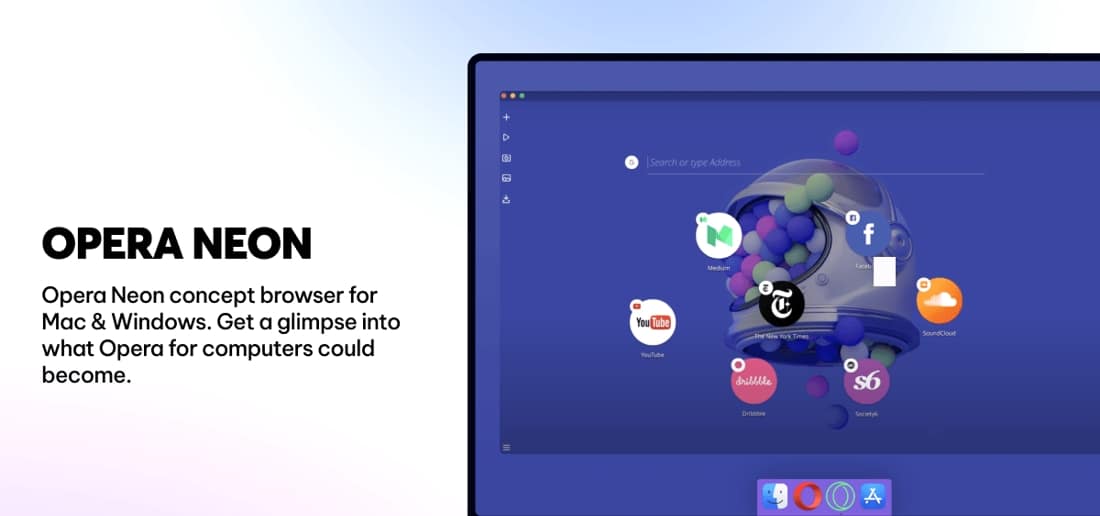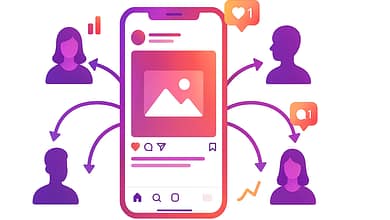
On Tuesday, Opera unveiled a new AI-focused browser called Opera Neon, designed to revolutionize how users interact with the web. The browser leverages artificial intelligence to handle various everyday tasks such as online shopping, filling out forms, booking travel, and even coding websites and games—all on behalf of the user.
At launch, Opera Neon will not be immediately available to everyone. Interested users must join a waitlist, and once the browser is officially released, it will be offered through a subscription-based model. While Opera confirmed the need for a subscription, it has not yet revealed specific pricing details.
Table of Contents
Key Features of Opera Neon
Opera Neon introduces a redesigned sidebar with three major AI-powered tools: Chat, Do, and Make.
-
Chat: This feature functions as an intelligent chatbot. It allows users to search the internet, ask questions, and request deeper insights into the websites they’re currently browsing. It’s essentially an AI-enhanced browsing assistant integrated into the browser itself.
-
Do: Powered by Opera’s newly introduced Browser Operator AI, announced in March 2025, this tool performs actions directly in the browser. For instance, it can fill out online forms, manage trip bookings, and execute simple commands—streamlining tasks that usually require manual input.
-
Make: Perhaps the most groundbreaking feature, the Make tool allows users to generate creative and functional content using simple text prompts. This includes building websites, creating mini-games, generating code snippets, writing reports, and much more. These tasks are processed in the cloud via a virtual machine, meaning the browser can keep working on them even if the user goes offline. Multiple tasks can also be executed simultaneously, increasing productivity and efficiency.
How It Works
Unlike traditional browsers, Opera Neon’s AI functions are designed to run independently. When a user assigns a task using one of the tools, the browser offloads the workload to a virtual machine in the cloud. This ensures minimal impact on the user’s device performance while enabling complex operations like coding or content creation to happen behind the scenes.
A Growing Trend in AI Browsing
While Opera is making headlines with its AI-powered browser, it’s not alone in exploring this space. Other companies are also racing to bring AI into web browsers. For example:
-
The Browser Company teased an AI-driven browser back in December 2024, emphasizing agent-based automation similar to Opera’s vision.
-
Google is reportedly developing AI tools that go beyond traditional search, allowing users to receive summarized results and even perform actions using AI.
The Road Ahead
While the promises of Opera Neon are impressive, there is still skepticism around real-world performance. AI tools often struggle to meet expectations outside of demos and controlled environments. However, if Opera can deliver on its vision, Neon could significantly change how people interact with the web—shifting from manual browsing to intelligent, task-driven experiences.
Opera Neon represents a bold step toward the future of web browsing, blending AI with user experience to create a browser that doesn’t just help you explore the internet—it actively works for you.



